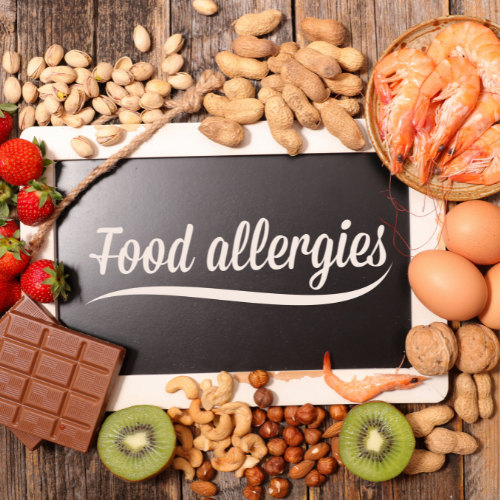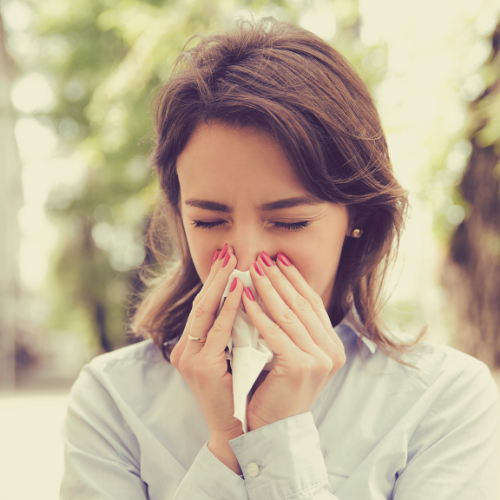Understanding food allergies and their impacts
#Ad
Food allergies are becoming more common in the UK but this does not mean that you should not take them seriously. If you are not aware or have not seen the news, food allergies when severe can be deadly and there are lots being done such as Natasha’s law to ensure that as a country we do all we can to protect ourselves and each other if you have an allergy.
However, it is still a worry for many of us, especially if you have a child with a food allergy. If you are not aware of allergies, here is a little guide to help you understand them.
What are the signs of food allergies?
If you are unsure about food allergies and the signs of an allergy, here are some of the signs of an allergic reaction:
- An itchy sensation inside the mouth, throat or ears
- A raised itchy red rash
- Swelling of the face, around the eyes, lips, tongue and roof of the mouth
- Vomiting
- Anaphylaxis – this is the most serious symptom of all and can, unfortunately, be life-threatening
Most people when they experience an allergic reaction tend to have just mild symptoms but it is always worth approaching allergies with caution.

How do I know if I have an allergy?
This is a good question, it is not likely that you are aware that you have an allergy to being with and once you work out that it may be an allergy, you may find it hard to work out what it is. You can approach your doctor with regards to this, however, it may take a while with the current pressure on our health system.
You are now able to however pay for a home testing kit that covers 294 different allergens, all done from the comfort of your own home. Klarify has its own kit called klarify.me Home Allergy Test which you can complete and send off, with your results due back within 2 weeks. This test is for allergies to things that include pollens, pets, mites and food.
Don’t get confused though, this test does not look for intolerances just allergies by identifying antibodies called Immunoglobulin E (IgE) in your blood, a sign of your body fighting an allergy.
The test kit walks you through the whole process and once you have the results, you will be able to tackle the allergies with a bit more clarity as you have a specific cause.
Are there treatments for an allergy?
There really isn’t any treatment for the allergy to stop you from having a reaction but there are things to help with the symptoms of a reaction. The only way to avoid having a reaction is to not eat what may have caused it.
If you do find yourself having a reaction, antihistamines can help to relieve the mild reaction symptoms however if you have a more severe allergy you may find yourself being prescribed an auto-injector pen, more commonly known as an epi-pen. It gives the body a dose of adrenaline to fight the reaction but medical attention will still be needed.

Many of us live with allergies for years with no issues, however, for the few who have severe allergies they have to be very careful. It isn’t all about what you consume or touch, some allergies are airborne and can cause issues that you may not even think about. This is why sometimes on a flight you may be asked not to consume nuts, this is likely due to a passenger who has a serious nut allergy that can have serious consequences for them if it becomes airborne.
Allergies may sound really scary, however, it is worth remembering that we have learnt to adapt and adjust to allergies over time, we just all need to be a little more aware to help those around us. Make sure you are reading the ingredients carefully when consuming food if you have an allergy.